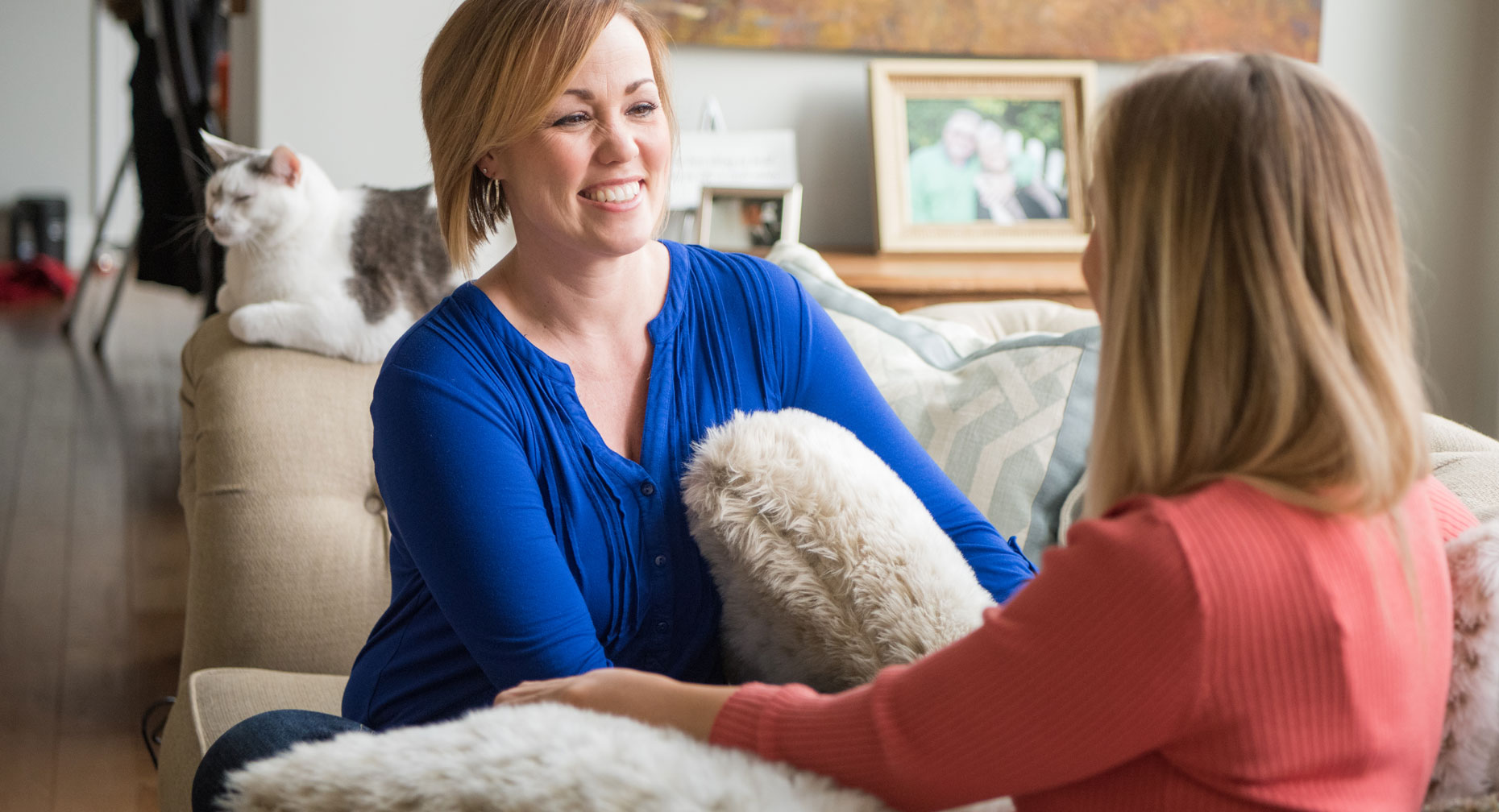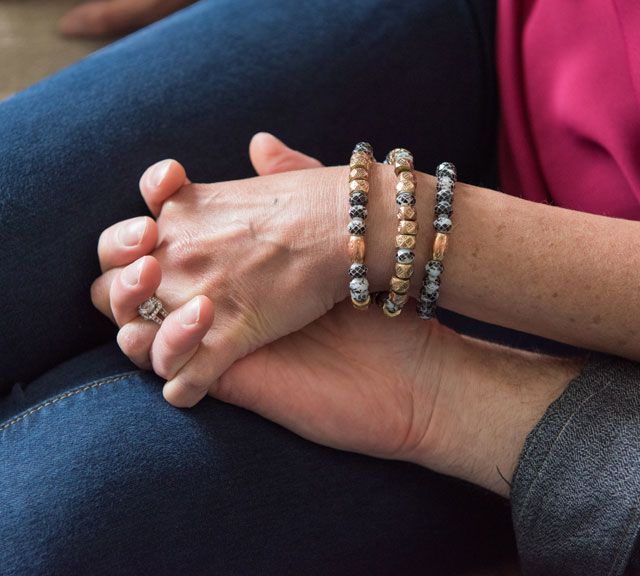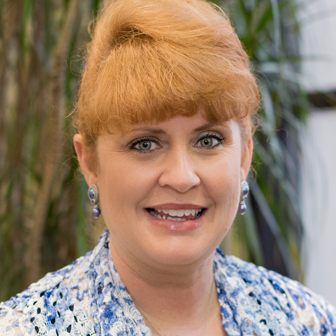Anxiety: Taking Relationship Stress to a New Level

Answer a few questions and we'll provide you with a list of primary care providers that best fit your needs.
When you’re in a relationship – casual or intimate – you’re bound to have differences of opinion. Some may cause conflict.
But what if one of you in the relationship has generalized anxiety disorder (GAD)? That is, an anxiety disorder marked by constant worry, restlessness and wandering focus.
“Anxiety adds another level of stress to a relationship,” says Beth Esposito, MS, LPCC-S, LSW, of Samaritan Behavioral Health.
“Oftentimes, people with an anxiety disorder are so preoccupied, either with not having a panic attack or keeping their anxiety at a level they can manage, that they don’t focus. So, a lot of times they don’t remember or really hear what was said in a conversation. Often, that leads to ‘I told you this,’ ‘No, you didn’t.’”
GAD can make you twice as likely to have relationship problems, according to a study by the Anxiety and Depression Association of America. Ironically, troubled relationships are a major concern for people with GAD. The study also finds that anxious people are three times more likely to avoid intimacy with their partner, which leads to conflict.
Behaviors Triggered by Anxiety

Anxiety tends to trigger behaviors that can trip up relationships. These include:
- Suspicion about others’ actions or intentions
- Oversensitivity to perceived slights
- Negative thinking
- Passive-aggressive interactions
- Avoidance of social situations and opportunities to strengthen relationships
Being aware of anxiety and how it can trip up relationships may help you avoid problems – whether you or the other person in a relationship faces anxiety.
GAD can make you twice as likely to have relationship problems, according to a study by the Anxiety and Depression Association of America.
Tips to Ease Stress of Anxiety on Relationships
Be honest: “Be open and honest if you have an anxiety issue,” Esposito recommends. Particularly in closer relationships, where you feel safe being vulnerable, she says, “tell the other person, ‘Hey, this is what I’m struggling with, and these are some of the things you might see.’ By sharing that and prepping the other person, they’re more understanding of what’s going on.”
Be mindful – especially when listening: Worries can take you or a loved one out of the present moment – whether you’re conversing or just spending time together. Anxiety transports you to the future of “what ifs” or the past of regret, so you can miss what’s right in front of you, including what a friend may be telling you.
Be supportive: Esposito suggests supporting an anxious friend by asking, “’What makes you feel better? Does going for a walk make you feel better, or watching Netflix?’ Always encourage allowing time for the things that help. Whether it’s reading poetry or playing basketball, your anxiety automatically goes down.”
Another way to be supportive: Help your friend think about the positive things in her life – to direct focus away from negative thoughts.
Be empathetic: “Anxiety is a very real thing and one of the most common things we treat,” Esposito says. “One in four adults experiences a level of anxiety that causes impairment in their life, so it’s very common.” She adds, “You’ve probably experienced anxiety yourself sometime, so try to put the shoe on the other foot.”
Be a planner: If you’ll be in a crowded social situation with a friend – and one of you has anxiety – agree on a code word to use to signal the need for calming assurance. Esposito says, “Setting up something like this ahead of time can be very helpful, instead of just leaving a social situation and not ever enjoying a social outing.”
Be good to yourself: “If you’re the person that is having someone come to you often who’s anxious, that can get overwhelming,” says Esposito. “So, make sure you’re doing self-care for yourself and setting boundaries. A relationship like that can lead to the helper experiencing mental health issues because they’re so stressed out and overwhelmed by the anxious person.”
This also means knowing when to refer a friend or loved one to professional help, she adds. “Know when you no longer feel comfortable in your own skin helping or talking to that person, and say, ‘Hey, this is beyond me.’”
Be calm: “If someone’s coming to you and they’re really anxious, using a higher tone or an angry tone toward them is only going to escalate and make the situation worse,” Esposito says. “Speak in a calm tone and more slowly.”
And, she adds, avoid accusatory phrases, like “get it together.” That will only make the situation worse.
Answer a few questions and we'll provide you with a list of primary care providers that best fit your needs.
Source: Beth Esposito, Samaritan Behavioral Health; Anxiety.org; National Alliance on Mental Illness; Anxiety and Depression Association of America




.tmb-card-head.webp?sfvrsn=680c0961_9)
